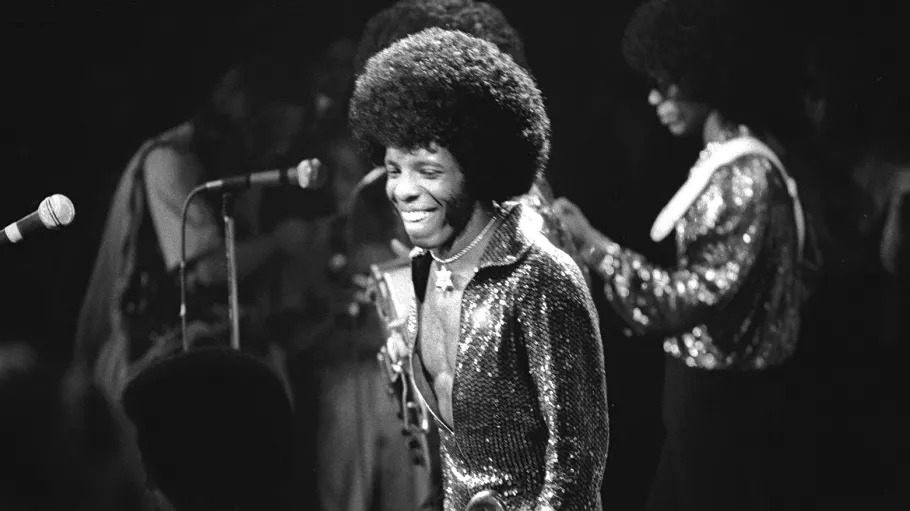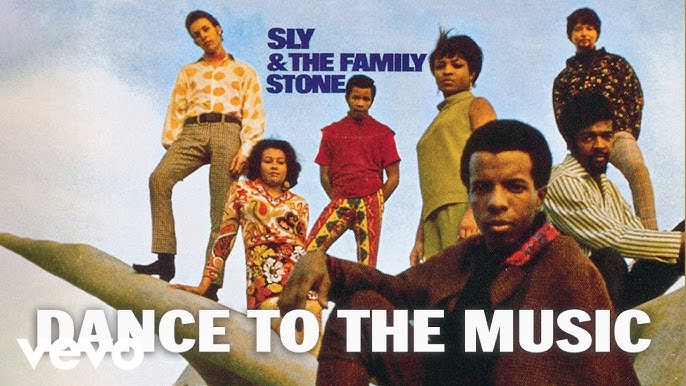Sylvester Stewart, popularly known as Sly Stone, has left a void that no one in the world can ever fill. Throughout his journey, he has evolved with the current trends, blending various genres to create a unique and seamless musical experience. His passion for music led him to achieve one of the greatest feats, changing the course of music history. Sly Stone dedicated himself to songwriting, record producing, singing, and additionally, helping in the development of the funk band in America called Sly and the Family Stone.
This band emerged as one of the most successful bands back in 60s. Their typical musical genres included funk, soul, R&B, rock, and psychedelic music, especially psychedelic soul–a production technique that allows musicians to embrace the nuances of Psychedelic rock, special effects units like wah-wah and phasing, and drug influences. Moreover, it is a form of soul music that originated among African-American audiences in the US, and rose to prominence in the early 60s and remained persistent throughout the 70s. Therefore, it paved the way for the development of the disco and funk genres.

Early Childhood
Sly Stone was born on March 15, 1943, in Denton, Texas and brought up in Vallejo, Northern California. Stone was introduced to music at a young age in church, where he would participate in singing along with his siblings. This interest ignited the dream to enter into music industry. As a beginner, Stone worked as both a record producer for Autumn Records and a disc jockey for San Francisco radio station KDIA in the mid-60s.
The BAND
Stone, along with his brother Freddie, built the band called Sly and the Family Stone. This band released various tracks, and they are:
- Dance to the Music
- Everyday People
- Thank You (Falettinme Be Mice Elf Agin)
- I Want to Take You Higher
- Family Affair
- Stand!, There’s a Riot Goin’ On, and Fresh (Acclaimed Albums)
Also Read…
What’s the Beef Between Deepika & Sandeep Vanga Reddy? Explainer
Billboard-No 1
These scores and albums received worldwide recognition and reached at the global charts. Though their debut album, A Whole New Thing, in 1967, was received moderately, they emerged successful with the release of Dance to the Music–a single hit. By the end of the 1969 summer, Stone’s band was the talk of the town with the release of single hits–Hot Fun in the Summertime, Thank You (Falettinme Be Mice Elf Agin)/Everybody Is a Star, and reached the number one spot on Billboard’s soul single charts and in Hot 100. Moreover, this success drew significant attention from audiences and musical legends, thus inviting them to perform concerts at Summer of Soul in Harlem, ultimately garnering huge appreciation from the masses.
Tour
The band’s success with the album Dance to the Music played a key role in shaping and popularising the psychedelic soul subgenre, laying the foundation for the emergence of funk music, thus creating a mark on a global platform. Stone’s group performed live shows, which garnered appreciation from a multiracial fanbase.

Stumble in Career
Though to the outside world, the team’s unity was visible, thier internal conflicts remained hidden. Along with name and fame, the usage of substance in thier lives became a hindrance. The team’s persistent usage of drugs–cocaine and PCP– led to the downfall of the team. Additionally, Stone carried drugs in a violin while travelling, resulting in a significant fall in the album’s songs, thereby affecting the overall team’s performance. This addiction led to Stone serving three years in jail starting in 1983, after being caught red-handed with cocaine.
Stone, in the later stages of life, was busy performing short tours. But his appearance along with his bandmates on the 2006 Grammy Awards revived his diminishing career. Meanwhile, his cameo in the show of The New Family Stone band lit the stage.
Eternal Rest
Stone’s death arrived like a shocking wave to the music industry on June 9, 2025, he was 82. Stone rested in peace due to internal health problems at his LA home.
Looking back at his turbulent career, Stone has had glimpses of success and failure. He embraced both with a positive attitude. His entire journey reflects his passion for music. But his demise marks the end of an era in soul music.
Written By: Tejaswini Prasad
